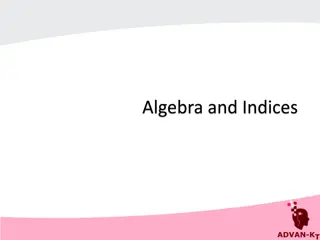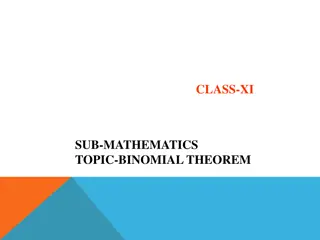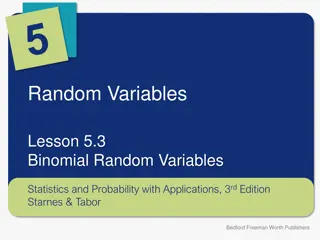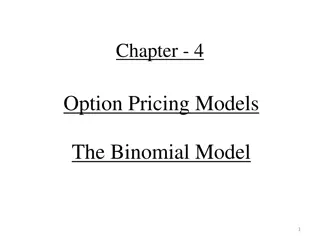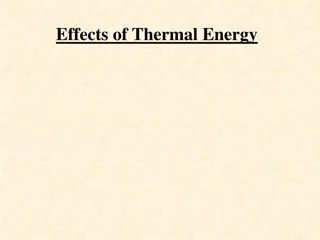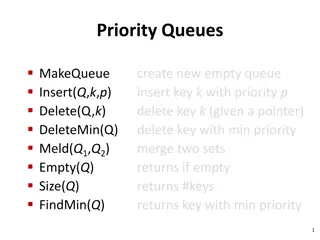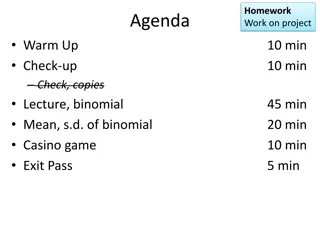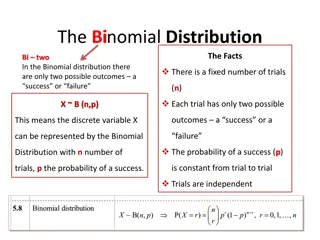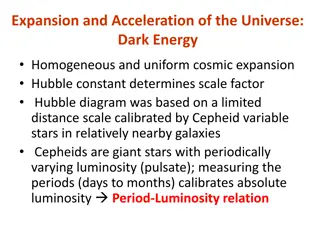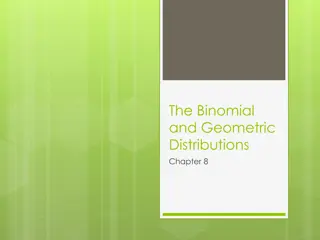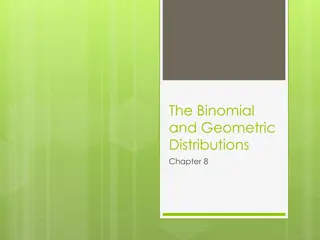
Binomial Expansion Theorem Practice and Examples
Explore the binomial expansion theorem with detailed examples and practice questions to find the first 4 terms in various expansions. Improve your understanding of binomial theorem applications with step-by-step narrated solutions.
Download Presentation

Please find below an Image/Link to download the presentation.
The content on the website is provided AS IS for your information and personal use only. It may not be sold, licensed, or shared on other websites without obtaining consent from the author. If you encounter any issues during the download, it is possible that the publisher has removed the file from their server.
You are allowed to download the files provided on this website for personal or commercial use, subject to the condition that they are used lawfully. All files are the property of their respective owners.
The content on the website is provided AS IS for your information and personal use only. It may not be sold, licensed, or shared on other websites without obtaining consent from the author.
E N D
Presentation Transcript
Binomial expansion 2 Binomial expansion 2 Silent Teacher Intelligent Practice Your Turn Narration Use the binomial theorem to find the first 4 terms in the expansion of the following: 1 + ?10 1 + 3?6 2 ?8 Example For more videos visit mrbartonmaths.com/videos mrbartonmaths.com/videos
Worked Example Your Turn Use the binomial theorem to find the first 4 terms in the expansion of 1 2?5 Use the binomial theorem to find the first 4 terms in the expansion of 1 2?6 Note that if ? is a constant like it is here, then this is the same as asking to find the first 4 terms in ascending powers of ?. Note that if ? is a constant like it is here, then this is the same as asking to find the first 4 terms in ascending powers of ?. @mrbartonmaths
Use the binomial theorem to find the first 4 terms in the expansion of the following: 1 + ?10 1 + 3?6 2 ?8 3 ?7 10 2 1 2? @mrbartonmaths
Use the binomial theorem to find the first 4 terms in the expansion of the following: 1 + ?10 1 + 10? + 45?2+ 120?3 1 + 18? + 135?2+ 540?3 1 + 3?6 256 1024? + 1792?2 1792?3 2 ?8 2187 5103? + 5103?2 2835?3 3 ?7 10 2 1 1024 2560? + 2880?2 1920?3 2? @mrbartonmaths




